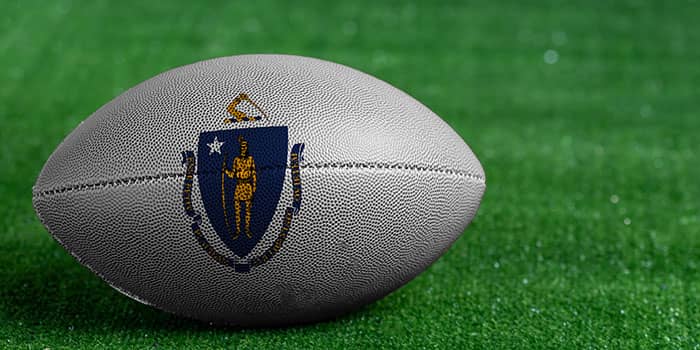The first bets can be accepted starting at 10 am on January 31, which will see the Bay State become the latest to have gone live with its sports gambling industry at the turn of the year. In order to protect consumers ahead of the launch, the state regulator has established a self-exclusion list.
Self-exclusion Comes to Massachusetts to Protect Consumers
The voluntary self-exclusion list or VSE has been set up by the Massachusetts Gaming Commission which revealed it on Friday in a bid to allow vulnerable and at-risk individuals to quickly enroll themselves.
This will prohibit them from attending gambling facilities and participating in any gambling activities online or in person. The list is designed to follow in the footsteps of a growing trend in the United States that responsible gambling ought to be front and center.
In an official statement and a brief Twitter post, the regulator said that it has established the basis of the list, which will allow individuals who wish to restrict their gambling habits to do so for a pre-determined amount of time.
The commission is particularly concerned that the sudden increase in available betting options could lead to a wave of punters who are struggling to keep their hobby and gambling-related expenditure at bay.
This self-exclusion program was launched last week and should offer plenty of time for people who are already aware of their problem to get enrolled. Three casinos in the state will start offering gambling products from tomorrow.
Commenting on this new program, MGA chair Cathy Judd-Stein welcomed the initiative and said that it was based on research that indicated that the Bay State’s residents will need it to address some of the issues that gambling is inevitably going to bring along with it.
Self-Exclusion and Extra Resources to Help Fight It
Judd-Stein assured that state residents will have a number of other resources at their disposal as they seek to counteract the effects of problem gambling. The new program is targeting the launch of sports betting specifically, but Bay State has experience with exclusion lists already.
Some 1,500 people have rolled in the self-exclusion casino program the state launched in 2015 when casino gaming was introduced.




